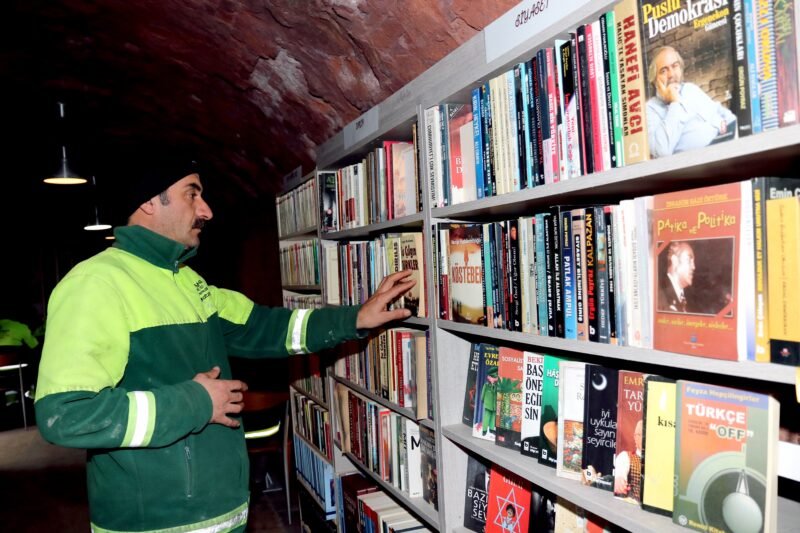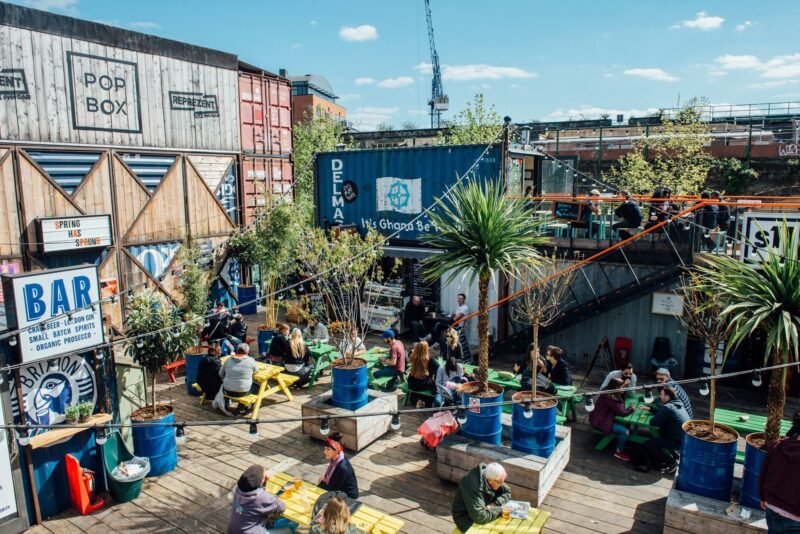Community Currencies And Bartering Models Take Root In Greek Cities
To celebrate our fifth birthday we’ll be hosting Pop-Up City Live, an experimental event for urban innovators in Amsterdam on Tuesday May 21st where we will bring Pop-Up City to life on stage! One of the themes of that night will be the emerging trend of community currencies and informal economic models.
Last January we highlighted the emerging phenomenon of alternative and DIY currencies in cities across the globe. These currencies have been developed by people who wish to see their economy and society through a different scope — more humanitarian, more social. The financial crisis has boosted further development of new peer-to-peer-oriented economic systems in different parts of the world.

Network of exchange economies in Greece
Of course, Greece couldn’t have been left out of this movement. As the country seems to fall in an even deeper financial and social crisis, many Greek communities decided to take things into their own hands. Apart from informal peer-to-peer initiatives like clothing or book exchanges, there has also been a development of networks of time bank and exchange economy communities in major Greek cities. According to a new research there are currently more than 39 parallel currency schemes across the country.

TEM — an alternative currency in Greece
Especially in Volos, a city with a population of 86,000 that’s located in the center of Greece, a Local Exchange Trading System (LETS) has been launched. More than 800 merchants and businesses are already using a local alternative currency called TEM. One TEM unit is equal to 1 euro. It works more or less the same as ‘official’ currencies, and there are certain exchanging points all around the region. The alternative economic network offers an online platform available to the members of the exchange community, where they can manage their credits as if they’re managing a traditional bank account. Since there is no interest on the TEMs in an account, there is no reason for people to save their ‘money’ as they are tempted to do in the traditional banking system. The accounts and the transactions are transparent and accessible to all the members of the community.

A bazaar in the city of Volos where people can exchange products for TEMs
An alternative exchange economy is not something new for Greece. Only one generation ago people used to exchange services and products. In the cities of Thessaloniki and Patras groups of people plan to bring back the first formal ancient Greek currency of Ovolos, as a community currency that would run parallel to the euro.

The ancient Greek Ovolos currency
Amsterdam-based Qoin is a company that creates and implements alternative currencies, such as the Brixton Pound (see image above the article). Come join us on Tuesday May 21st for Pop-Up City Live, where journalist and Nieuwezijds Magazine founder Liedewij Loorbach will interview co-founder Edgar Kampers on stage!





